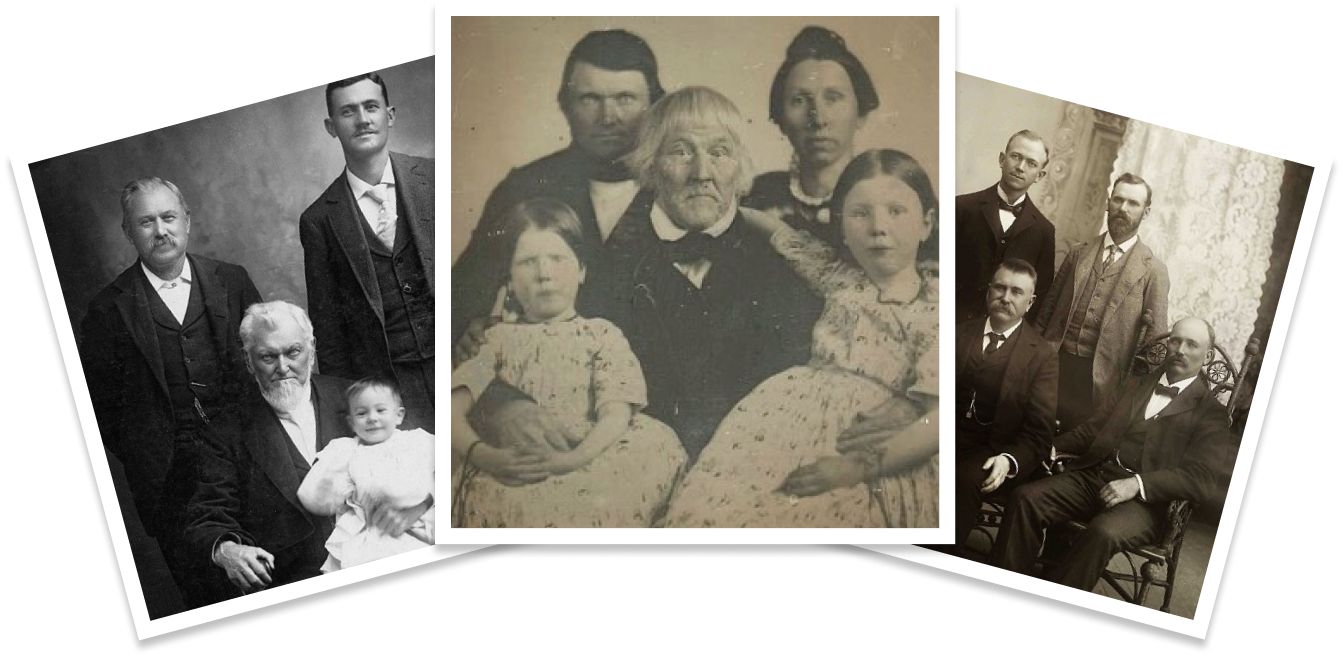Preparing the Way to Zion
by Christian Decker
It goes without saying that we live in a fallen world, with bad situations and baser instincts leaving many of us physically and spiritually poor. The Lord has taught us to pursue self-reliance, learning to provide for ourselves and our families in every aspect of our lives. Take a moment and think of Christ’s teachings in the New Testament. Many were taught using everyday events and situations that His audience could understand. Roman coinage, wedding traditions, the rule of kings, and other aspects of ancient life can seem foreign to latter-day readers, yet mustard seeds and finding pearls of great price resonate with us centuries later because we recognize the eternal principles of growth and seeking to change. In order to effect change, one must put in work. This principle of sacrifice extends to everything we hope to build, yet this represents only half of the Lord’s instruction.
We become strong so that we may serve others as Christ would have us. Drawing on principles of agriculture, Paul taught the Corinthians, “He which soweth sparingly shall reap also sparingly; and he which soweth bountifully shall reap also bountifully. Every man according as he purposeth in his heart, so let him give; not grudgingly, or of necessity: for God loveth a cheerful giver” (2 Corinthians 9:6–7). This pattern of cheerfully giving to others is the foundation of Zion. No program can address every need in a community because the needs will always change and overwhelm the resources provided. A pattern of building others up, however, ensures that all may prosper as everyone looks out for each other. In this way, a community can become Zionlike—of one heart and one mind (see Moses 7:18). As Paul again taught, “For I mean not that other men be eased, and ye burdened: But by an equality, that now at this time your abundance may be a supply for their want, that their abundance also may be a supply for your want: that there may be equality” (2 Corinthians 8:13–14).
Wilford Woodruff understood the divine significance of this charge, and sought to consecrate himself early in his membership. In 1834 he declared, “Be it known that I Wilford Woodruff do freely covenant with my God that I freely consecrate and dedicate myself together with all my properties and affects unto the Lord for the purpose of assisting in building up His kingdom, even Zion on the earth.”1 I too felt a similar conviction when I first entered into sacred covenants in the Lord’s House, though at the time I didn’t fully understand what would be required. I’ve observed since then that the abundance I’ve given away has not always been money. Time, testimony, knowledge, and a tender heart have all been given to help build up Zion. Wherever you are, you have something to offer to help lift another. We sacrifice what we can to build those around us, and brick by brick, we create wards and communities where the poor in heart and body can come and feel whole.
In 1856, Wilford Woodruff wrote to Orson Pratt about seeing handcart companies arrive in the Salt Lake Valley after a long and arduous journey. “As I gazed upon the scene, meditating upon the future result, it looked to me like the first hoisting of the flood gates of deliverance to the oppressed millions; we can now say to the poor, and honest in heart, Come home to Zion; for the way is prepared.”2
Christian Decker is the Archivist for the Wilford Woodruff Papers. Recently graduated with a Bachelor’s in History and a Minor in Anthropology from Brigham Young University, Christian is incredibly passionate about the power of stories in our everyday lives. He believes that history should be made available to the public, inspiring them on both a societal and personal level. He is completing a Master’s in Public History from Duquesne University to continue pursuing his passion. From preserving the stories of military veterans to promoting interfaith dialogue, Christian has made history his life’s work. He is incredibly grateful to be a part of the Wilford Woodruff Papers Project, and is eager to further its goals of bringing President Woodruff’s records to life.
- Wilford Woodruff’s Journal, December 31, 1864, p. 32, The Wilford Woodruff Papers, wilfordwoodruffpapers.org.
- Letter to Orson Pratt, September 30, 1856, p. 2, The Wilford Woodruff Papers, wilfordwoodruffpapers.org.


